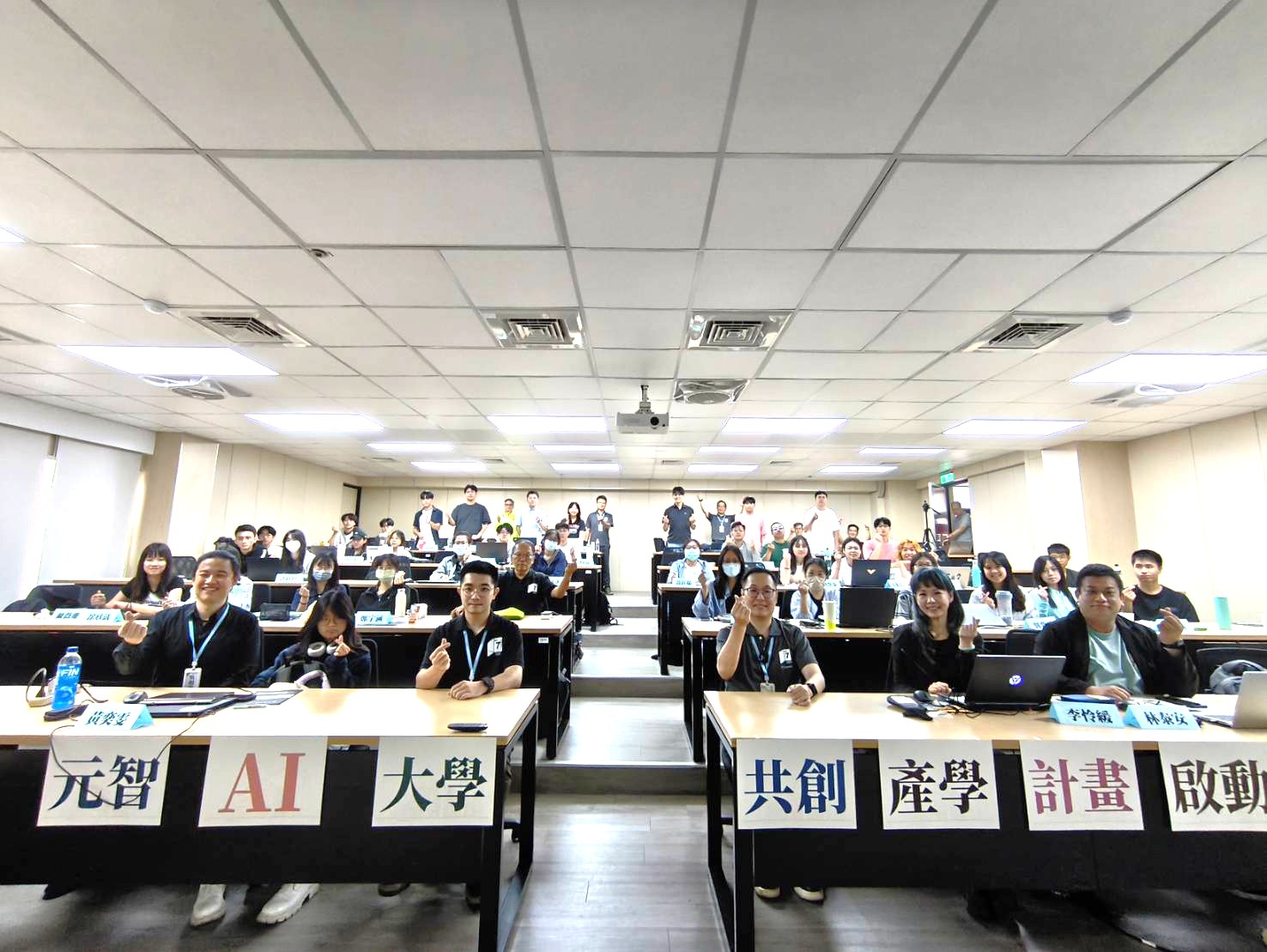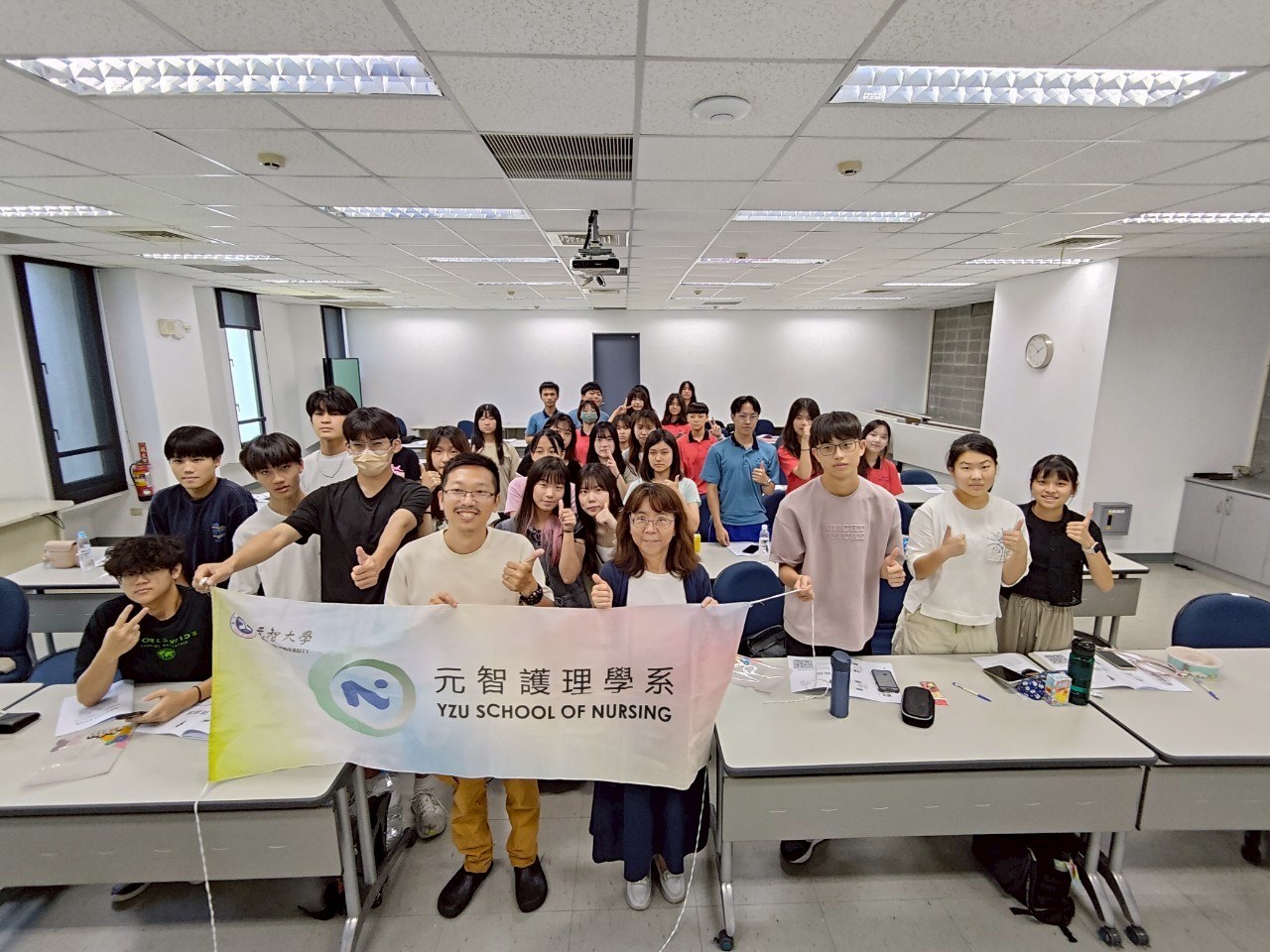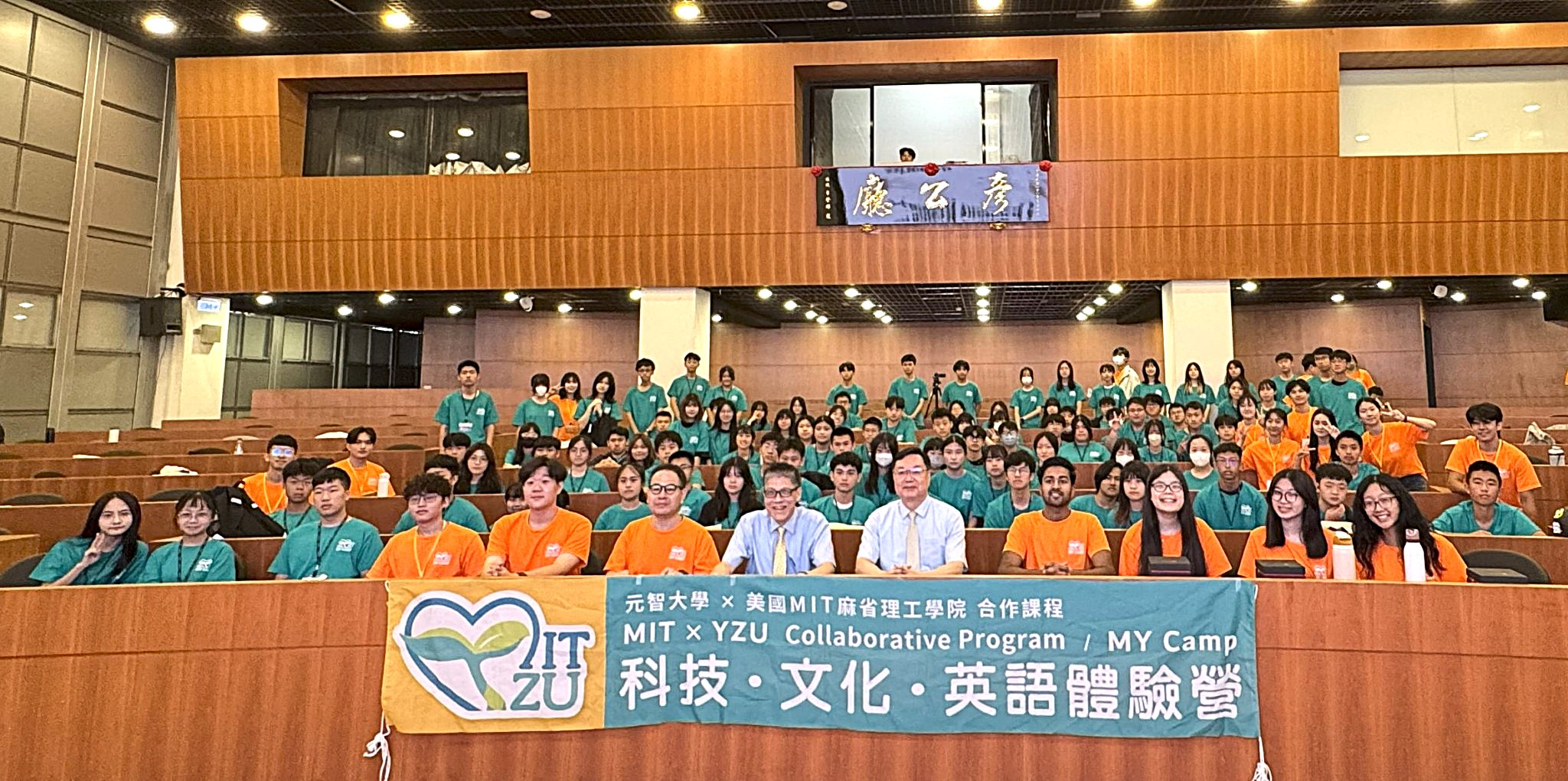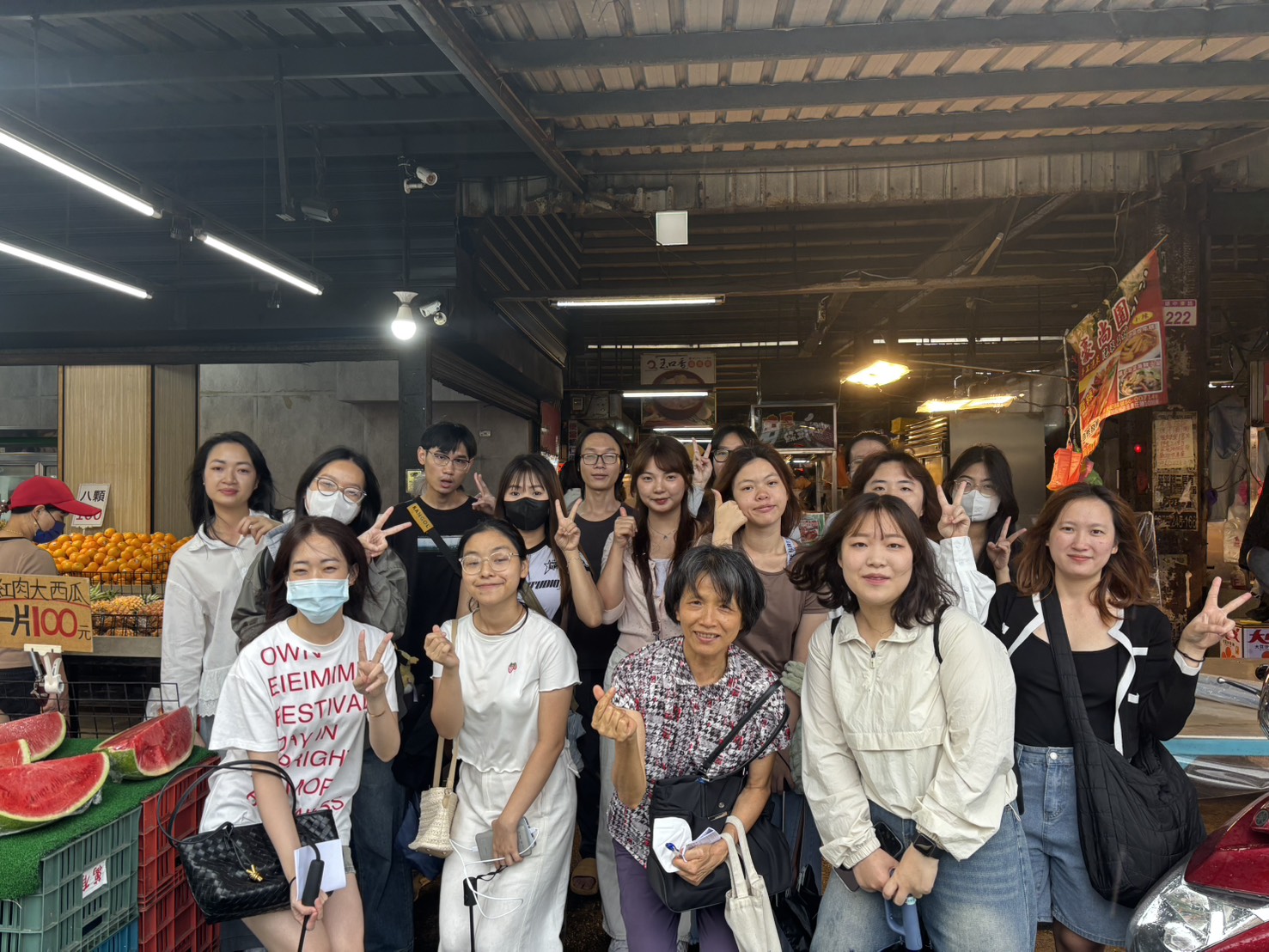IIn response to the industrial transformation demands of the AI era, Yuan Ze University's School of Lifelong Education partnered with Number 7 Algorithm Integration Co., Ltd. to launch the "AI University Internship Program" on July 9.
The program adopted a co-learning model in which companies provided real-world challenges and students developed AI-based solutions, aiming to cultivate talent in smart AI applications. Supported by the Microsoft Datacenter Community Development Program, the first summer intensive session ran for eight weeks, admitting 39 students to collaborate with industry on AI projects with commercial potential.
Yuan Ze University noted that the program focused on partnerships with companies from five key industries—motherboard, energy, food and beverage, textile, and gaming. Businesses proposed authentic needs and project topics, while student teams worked to develop AI solutions. Participants came from a diverse range of colleges, including Electrical and Communication Engineering, Informatics, Engineering, Management, and Humanities and Social Sciences. The first four weeks featured core AI skills training, followed by four weeks of collaborative industry projects, resulting in interdisciplinary AI projects.
Running from July 9 to August 27, the "AI University Internship Program" was held every Wednesday from 9 a.m. to 4 p.m. at Yuan Ze University. Number 7 Algorithm was responsible for course planning and practical instruction, while Yuan Ze managed student selection. Through close collaboration between companies and students, the program helped industries explore AI application scenarios and equipped students with practical AI skills and problem-solving capabilities.
Wu Hsiang-Hsun, Director of the School of Lifelong Education at Yuan Ze University, stated that the AI University Program marked the beginning of the university’s AI-powered industry-academia collaboration efforts. He emphasized that Yuan Ze would continue to deepen its ties with industry to cultivate talent that combines AI expertise with practical industrial insight. Wu also encouraged medium-sized manufacturers facing challenges such as digital transformation, labor shortages, or aging production lines to actively participate in the program, co-create with students, and foster industry-ready AI talent.
Number 7 Algorithm Integration Co., Ltd. highlighted that the core of the program was "enterprise-driven problems, student-driven solutions." The approach helped businesses spark new thinking in AI applications, discover feasible AI solutions to actual challenges, and offered priority access to AI interns or potential future hires. Participating companies could also enhance their ESG contributions and brand image through educational engagement.
Yuan Ze University emphasized that the AI University Program served as a vital experimental field for integrating knowledge and practice. The program aimed to empower students with AI development and application skills based on a solid foundation of professional education, helping Taiwan gain an edge in the global AI race. The university also opened up the program to more companies, inviting them to join the challenge-posing and co-learning initiative to foster AI talent and advance collaboration between academia and industry.
 English
English  正體中文
正體中文 



